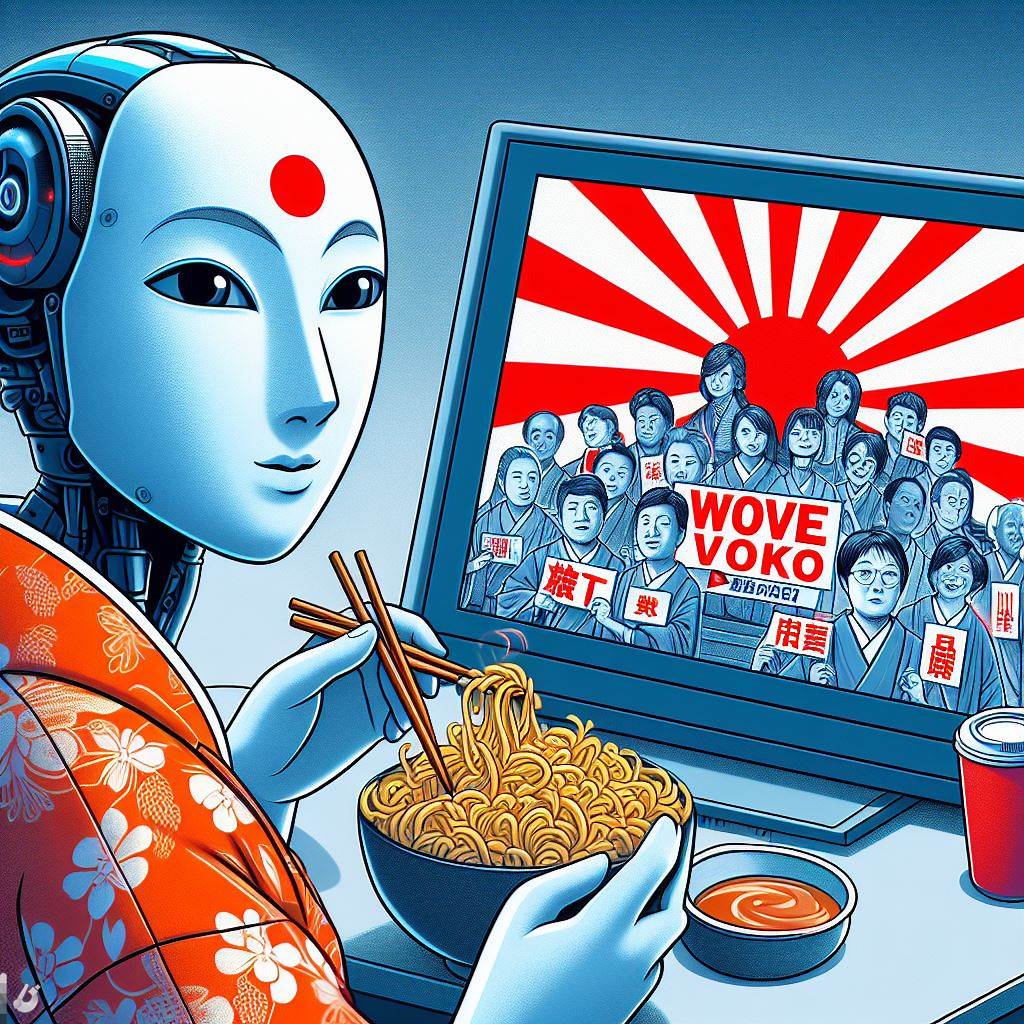
Western television and anime localizers have faced criticism for introducing what some perceive as "woke" language into English dubs, a departure from the original content. This has led to the adoption of artificial intelligence (AI) as a potential solution to limit human intervention and maintain fidelity to the source material.
One notable example is the implementation of AI translation by the Japanese company Mantra for the English release of "The Ancient Magus' Bride" manga. This move towards AI localization is part of a broader trend, with companies like Funimation indicating their intention to use a "hybrid" system that combines AI with human review and editing.
The fanbase is divided on this shift. While some argue that AI translations lack the authenticity brought by human translators, others see it as a necessary step to prevent localizers from imposing political biases on the content. The debate underscores the challenges faced by the industry in balancing technological efficiency with maintaining the original artistic intent.
Tech enthusiast Max Maybury acknowledges the controversy, emphasizing concerns that AI, driven by certain biases, might alter the original Japanese texts, potentially compromising cultural integrity. Professional translator Katrina Leonoudakis, who previously worked for SEGA and Funimation, expresses disappointment in the adoption of AI, describing it as "embarrassing" and "disappointing."
Leonoudakis criticizes the use of machine translation for television and movies, arguing that it is not yet sophisticated enough. She also highlights the issue of underpayment for audiovisual translators, citing a wide salary range of $20,000 to $100,000.
The debate takes a heated turn as some anime fans express support for AI, citing instances of alleged mistranslations by human translators. On the other side, YouTube star Asmongold criticizes localizers for altering the meaning of content to fit certain agendas, raising questions about their role as translators.
The controversy surrounding former scriptwriter Jamie Marchi adds fuel to the fire. Marchi, accused of injecting feminist virtue signaling into translations, defends her work, labeling critics as "misogynist" and "Nazis." The alterations in the English dub of "Miss Kobayashi's Dragon Maid" become a focal point, highlighting the potential pitfalls of AI in maintaining cultural nuances.
Industry experts, including Vipin Nayar, emphasize the delicate balance needed in translation automation to preserve cultural nuances and avoid biases. The ongoing debate reflects the industry's struggle to navigate the integration of AI while maintaining transparency and sensitivity in the localization process.
As the controversy unfolds, it becomes clear that the discussion extends beyond the realm of technology and delves into questions of cultural authenticity, artistic intent, and the role of human expertise in the evolving landscape of anime localization.